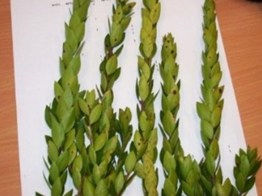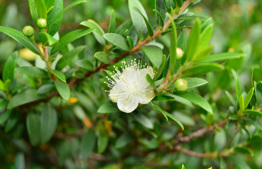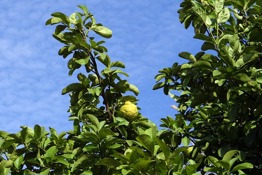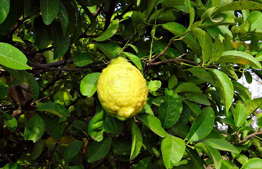Eighth-Year Etrogim in and out of Israel
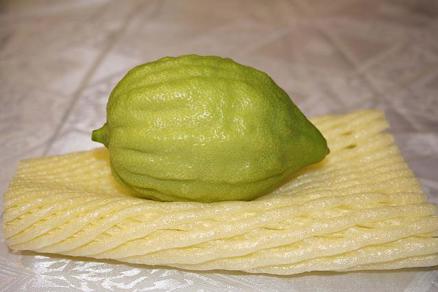
What should we do with otzar beit din Etrogim. Can we export these etrogim to outside of Isreal?
There are three types of etrogim that will be available in the market this year:
Heter mechirah and imports (from Italy, Morocco, and Yemen) do not have kedushat shevi'it and can be purchased and used in a regular fashion.
Otzar beit din have kedushat shevi'it and special guidelines govern their purchase and use:
Purchase. It is permissible to purchase the etrog in a regular fashion since the payment is for the beit din's expenses and not for the etrog itself: growing, harvest, sorting, packaging, and transportation. While the price of the etrog is supposed to be lower this year than in non-shemitah years, practically speaking often the price is the same as it is other years. The reason for this is that while farmers does not make a profit, the beit din compensates them for all of their expenses and often the costs of growing during shemitah are higher than in other years.
It is permissible to sell an etrog through havla'ah, that is, to sell the lulav (which does not have kedushat shevi'it) at a higher price to include the cost of the etrog and give the etrog as a gift.
The price is determined by the beit din, which allows three levels of prices according to quality (Kosher, Meduhar, Extra Mehudar).
Kedushah. Although the etrog's primary purpose is for the mitzvah of arba minim and not for food, it is important to safeguard its kedushah. Children should not be allowed to play with them even after Sukkot.
After Sukkot. While it is preferable to eat the etrog (prepare jam, etc.), it is not mandatory. It is possible to wait until it dries up and can no longer be eaten, and then it can be disposed in the garbage. It is also possible to double bag the etrog immediately after Sukkot and dispose. Those interested in preserving the etrog with cloves to use as besamim for Havdalah, can't do it this year, since they should first wait several weeks for the etrog to no longer be edible; but if wait, the etrog becomes hard and it is almost impossible than to put the cloves in.
Bi'ur. The Gemara (Rosh Hashanah 15a) implies that bi'ur applies to etrogim even though they grow on the tree all year long. This is the practical halachah as well. Bi'ur time for etrogim is 1 Iyar 5783 (some hold 15 Shevat). Since today etrogim are generally consumed as jam, even one container of jam is subject to bi'ur since it can suffice for even more than three meals.
To perform bi'ur: Take the etrog (jam or fruit) to a public area and declare it ownerless before three people. After several minutes it is possible to claim it.
Exporting Otzar Beit Din Etrogim
Technically, shemitah fruit should not be exported from Israel. However, most posekim allow the export of etrogim for several reasons:
- The Tosafot write that it is forbidden to export shemitah fruit to eat, but for commerce it is allowed. Here, the etrogim are not exported for consumption, rather for use as a mitzvah.
- Some allow fruit planted for export to be exported.
- Some allow export when the local crop is so abundant that it will be wasted if not exported. It seems that this is the situation today with etrogim. In regular years many etrogim are exported, so if export would be forbidden this year, many kosher etrogim will go to waste.
- The prohibition against the export of shemitah fruit is due to the bi'ur obligation (following the opinion of the Rash). For the etrog, however, there is a doubt whether it is subject to bi'ur. Customers should be instructed to perform bi'ur on the etrog immediately after Sukkot, or if preparing jam, to finish it by 15 Shevat.
While Rabbi Elyashiv ruled that the etrogim should be returned to Israel after Sukkot, before bi'ur time, to the best of my knowledge this is not the common practice.
Rabbi Moshe Feinstein (OC 1:186; 5:42) states that even those who are stringent regarding heter mechirah may purchase exported heter mechirah etrogim, since we are lenient regarding shamur and ne'evad fruit (protected and worked in a forbidden fashion). Furthermore, he maintains that it is preferable to purchase an etrog from the Land of Israel: "For this reason, even during the shemitah year, it is optimal to purchase etrogim from the Land of Israel, known for their ungrafted status, rather than from other places, as during other years."

